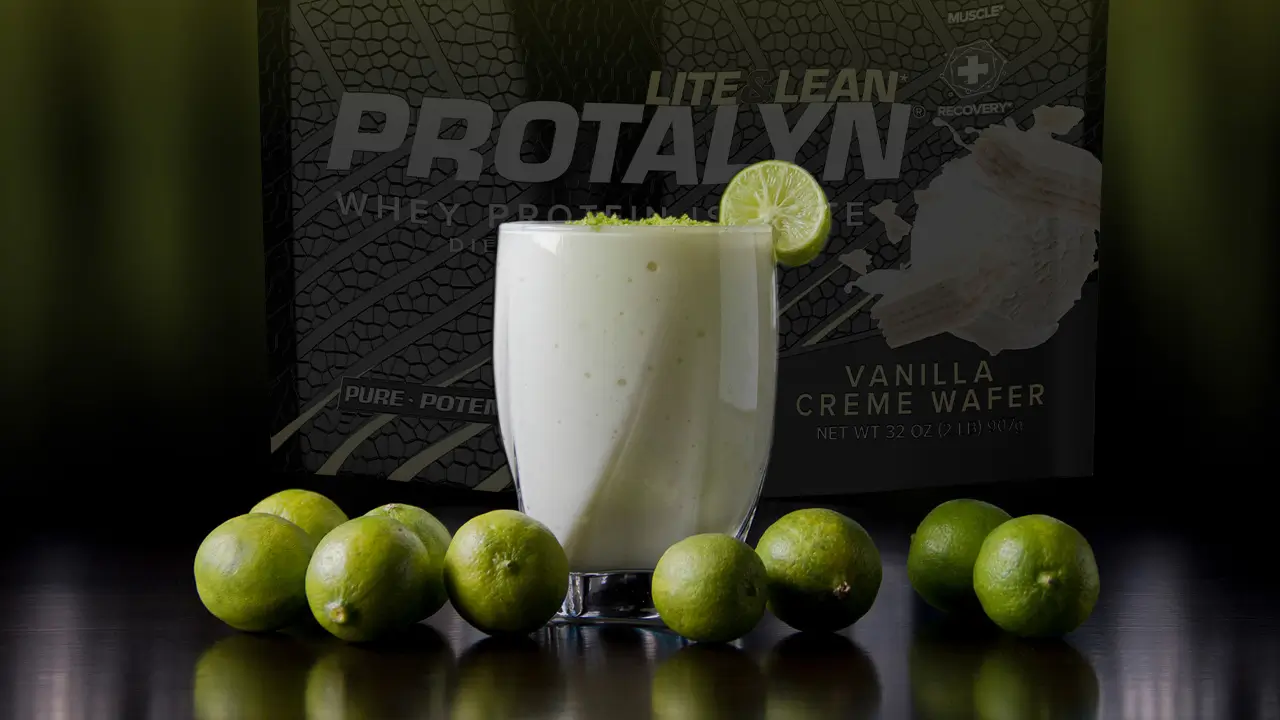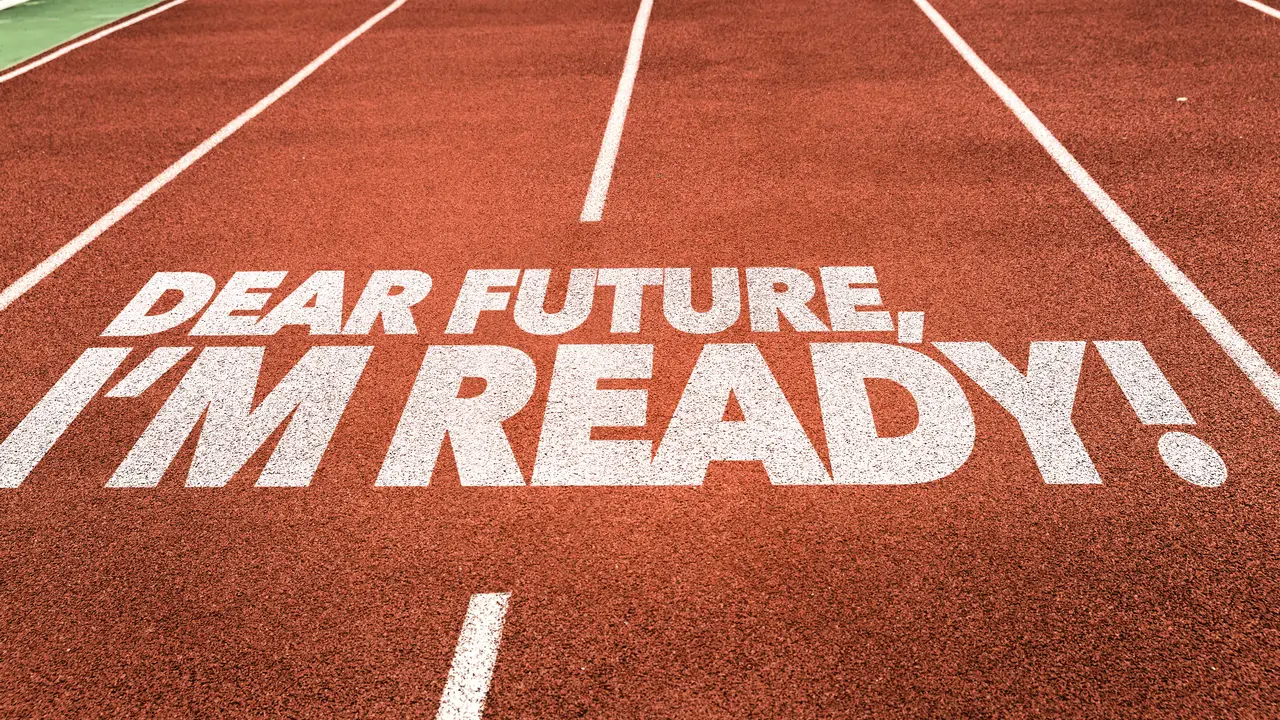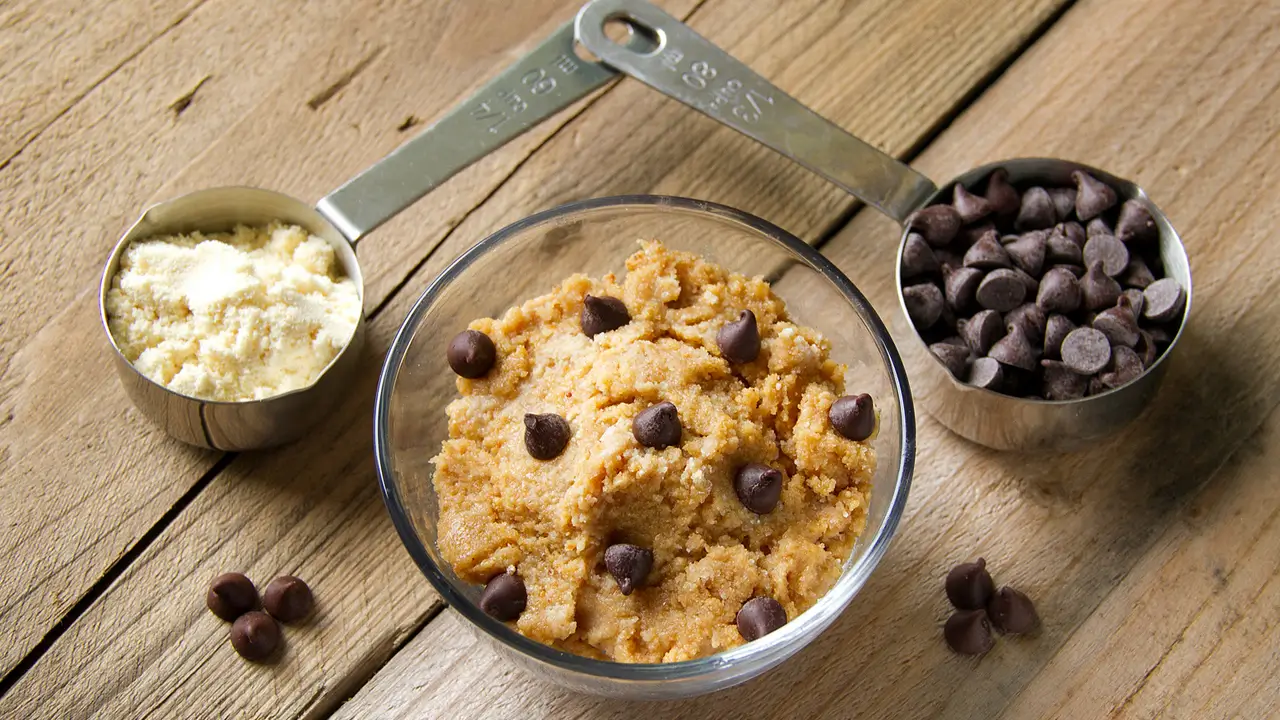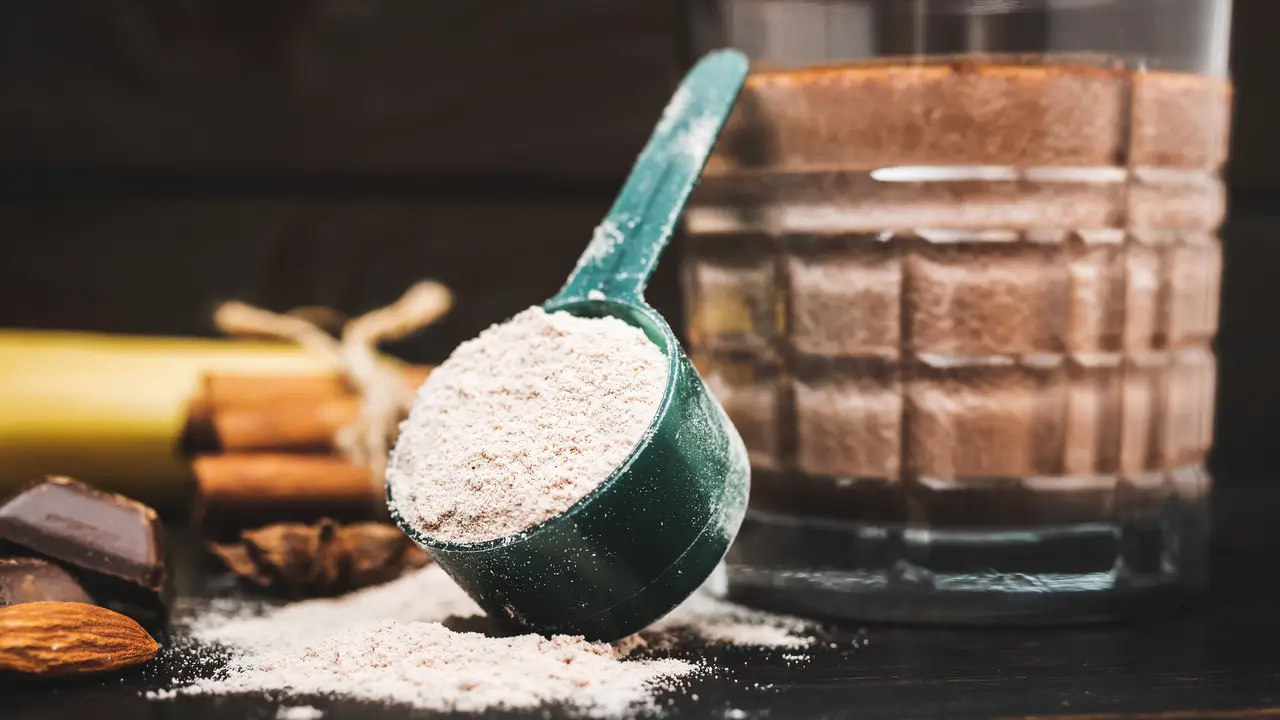Hey everyone! Lately, I’ve been diving back into some of my classic workout routines, and it’s been a blast. I’ve been getting a lot of questions about my favorite pieces of home gym equipment, especially if I were to start...
Have you ever watched a master conductor at work? This is how champions create wins—one moment drawing whispers from violins, the next commanding thunderous power from the entire orchestra. Champions don’t just execute; they orchestrate synergy, transforming isolated efforts into a dominating performance....

Hey everyone, today I want to discuss a topic that’s been on my mind for quite some time. Don’t get me wrong—I’m not here to throw shade at anyone, including myself. In fact, everything I’m about to discuss could very...
Key lime pie is a popular Florida food because you can grow just about anything citrus in your yard when you live there. I lived in Florida for about eight years and never tried key lime anything. Shame on me!...

Most people react to change. Some predict it. But champions? They wield the Evolution Edge—a system that doesn’t just adapt to the future but designs it. While others scramble to keep up, elites using this framework aren’t playing the game;...

This ready-to-eat protein cookie dough is a cheat food I have eaten several times rather than going out and cheating on my lifestyle. Note: I don’t use the four-letter ‘D’ word—diet! This is cheat food, which is not entirely cheat food, so...

The Science You Never Knew You Needed Think “natural” flavoring in your supplement is somehow healthier than artificial? Prepare to have your mind blown. The distinction between natural and artificial flavors might be one of the most misunderstood aspects of...

As someone deeply passionate about fitness and home gyms, I often find myself in conversations about the merits of setting up a personal gym space. I love my garage and basement gyms, but I also recognize that a home gym...
Every champion faces the ultimate question: What remains when the spotlight fades? Most chase temporary wins. Legends deploy the Legacy Protocol—a ruthless blueprint for impact that outlives trophies. Here’s how the greats engineer forever success. Beyond the Trophy Case Let’s...

Dragon fruit, also known as pitaya, is a tropical fruit celebrated for its vibrant pink skin and mildly sweet, refreshing taste, reminiscent of a cross between kiwi and pear. Packed with antioxidants, vitamin C, fiber, and magnesium, it supports digestion,...
